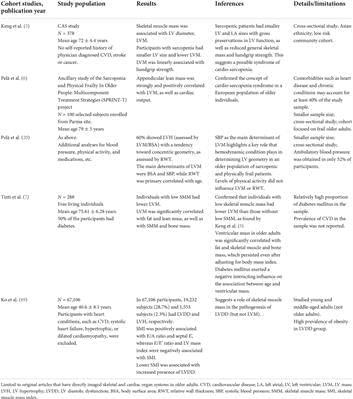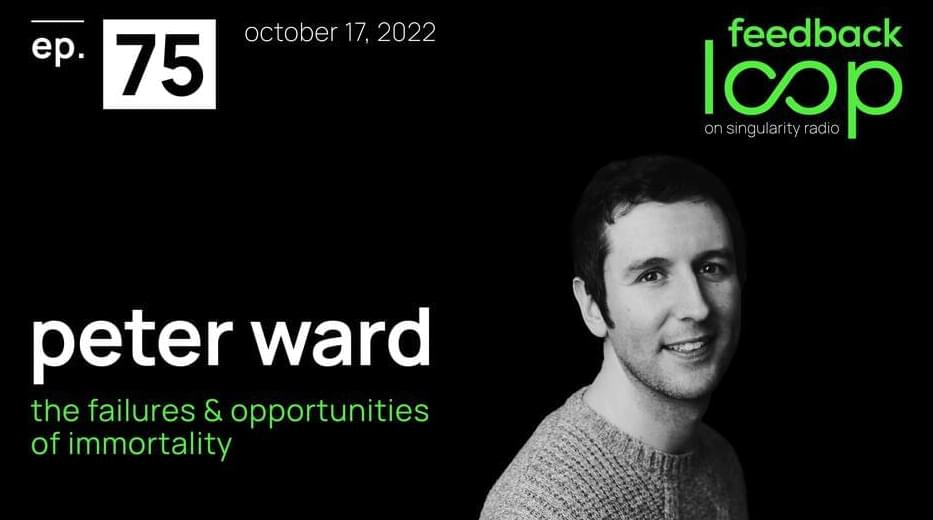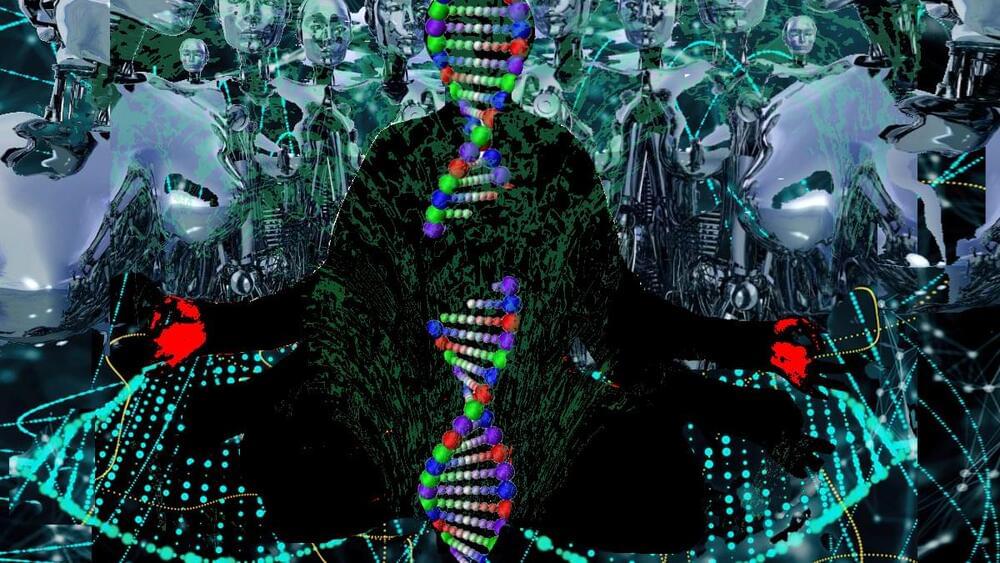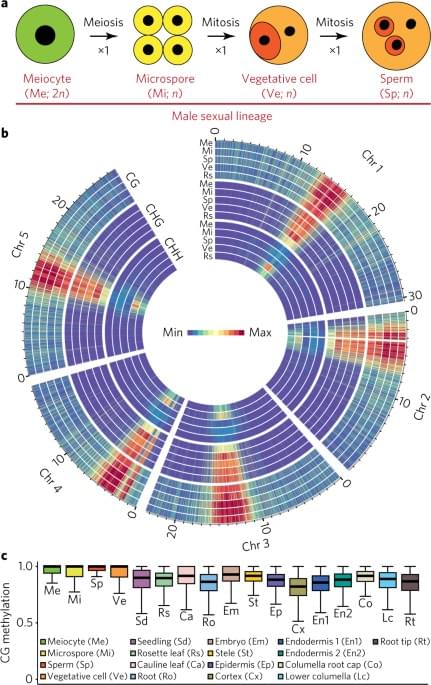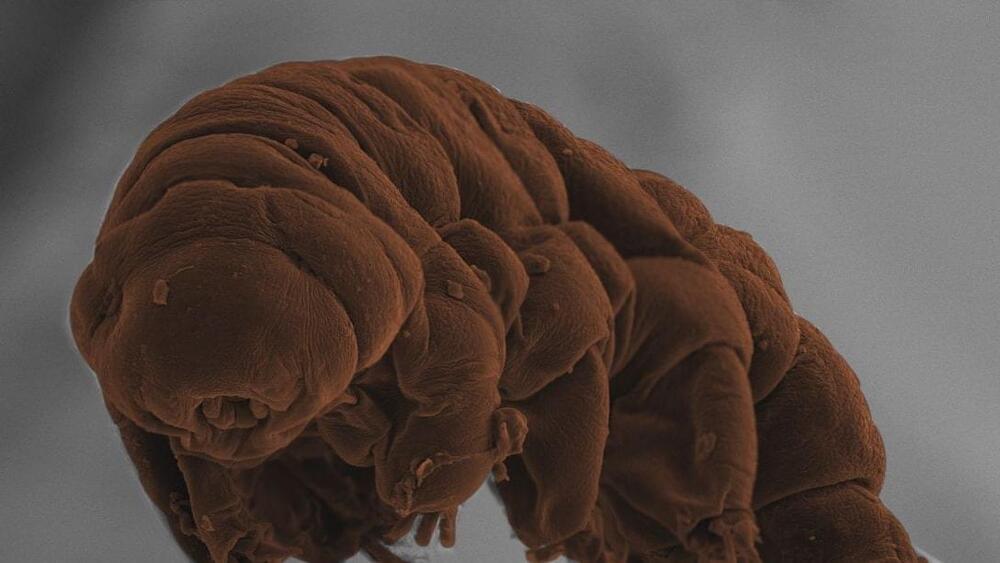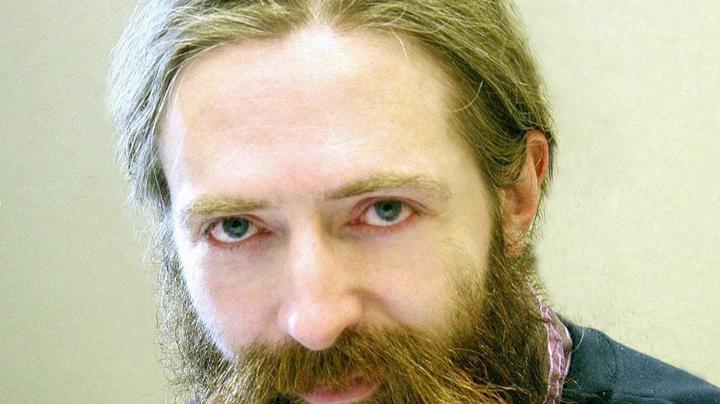Dec 2, 2022
World-leading hospital set to specialise in longevity
Posted by Shubham Ghosh Roy in categories: biotech/medical, life extension
One of the world’s leading hospitals is preparing to offer longevity clinical services to patients. Sheba Medical Center in Tel Aviv, Israel, is poised to open a dedicated longevity centre in 2023, with the goal of democratising the extension of healthy lifespan for the masses.
Longevity. Technology: While research, development and investment in longevity are at an all-time high, the implementation of longevity clinical practice in mainstream healthcare is virtually non-existent. While private clinical practices are now making longevity services accessible to those who can afford it, the societal benefit of improving healthspan can only be realised if everyone can access it. To learn more, we caught up with Professor Tzipi Strauss, Director of Neonatology at Sheba Hospital, who is the driving force behind the new centre.
It may seem curious that a paediatrician is the instigator of an initiative focused on improving aging, but Strauss explains that the relevance of longevity begins at birth.


